Flexible rubber cables are indispensable in various industries due to their remarkable advantages. These versatile cables offer unique benefits that cater to the diverse needs of businesses and applications. Let's explore these advantages and the broad range of industries that benefit from them.
Flexible rubber cables are celebrated for their exceptional flexibility. Their ability to bend and adapt to intricate spaces and contours makes them invaluable in industries with complex wiring systems, such as electronics manufacturing and automation.
Moreover, these cables are engineered to withstand harsh conditions. They resist abrasion, impact, chemicals, and oils, making them a reliable choice in industries exposed to mechanical stresses and environmental hazards, such as construction and heavy machinery operations.
Flexible rubber cables thrive in extreme temperatures. They remain supple in cold conditions and withstand scorching heat without compromising their structural integrity. This thermal resilience benefits industries like refrigeration, metallurgy, and aerospace.
In wet and moisture-prone environments, these cables shine. Many rubber cable variants are designed to be waterproof and moisture-resistant, making them ideal for industries like marine, telecommunications, and agriculture.
Their resistance to oils and lubricants is another key advantage. Industries that regularly encounter various types of oils, such as automotive, manufacturing, and mining, rely on these cables to maintain dependable power and control systems.
Chemical resistance is a crucial attribute for industries dealing with a wide range of chemicals, including acids and bases. Chemical processing, petrochemicals, and laboratories find these cables invaluable.
Some rubber cable formulations are UV-resistant, enduring prolonged exposure to sunlight without deterioration. This quality benefits outdoor applications like solar power installations, outdoor lighting systems, and telecommunications infrastructure.
In addition to their physical properties, flexible rubber cables excel in electrical conductivity. They are outstanding conductors of electricity, serving as the backbone of electrical and electronic applications such as power distribution, control systems, and machinery wiring.
In applications where vibrations are a concern, rubber cables absorb and dampen these disruptive forces. Industries with heavy machinery and equipment, like construction and manufacturing, appreciate this feature.
The extended service life of these cables reduces downtime and leads to significant cost savings over time. Industries benefit from decreased maintenance and replacement costs, contributing to their bottom line.
The flexibility and pliability of rubber cables simplify installation. They can be routed through conduits, cable trays, and complex installations with ease, reducing installation time and labor costs.
Lastly, many flexible rubber cables meet industry-specific standards and regulations. This ensures their reliability and safety in various industries with stringent compliance requirements, such as healthcare and aerospace.

 ENGLISH
ENGLISH 简体中文
简体中文 GERMAN
GERMAN SPAIN
SPAIN
 +86 181-5747-1135
+86 181-5747-1135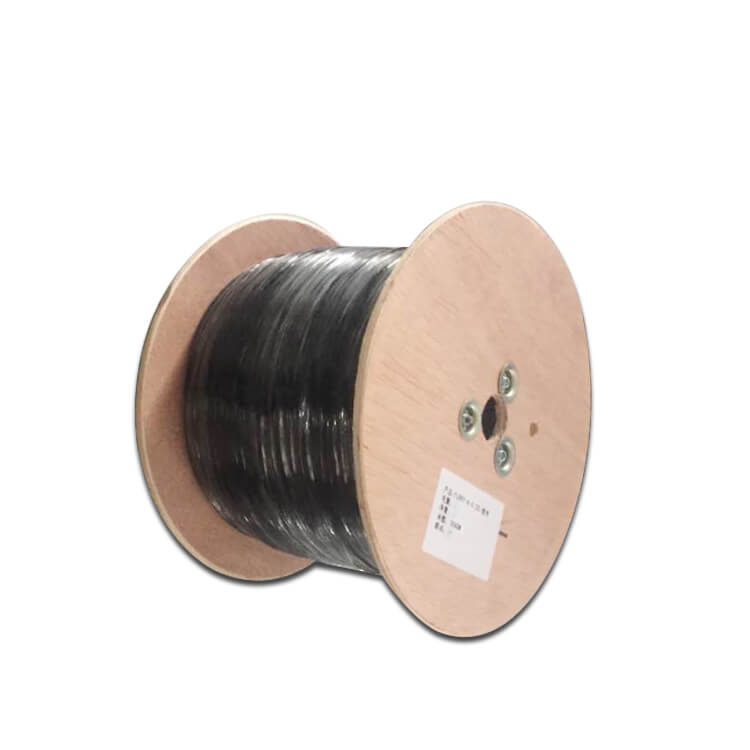
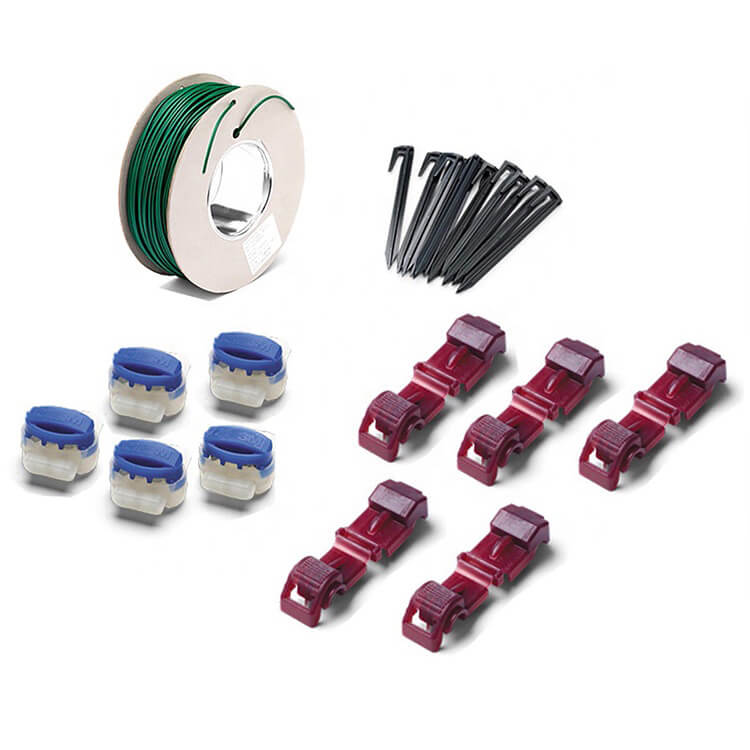
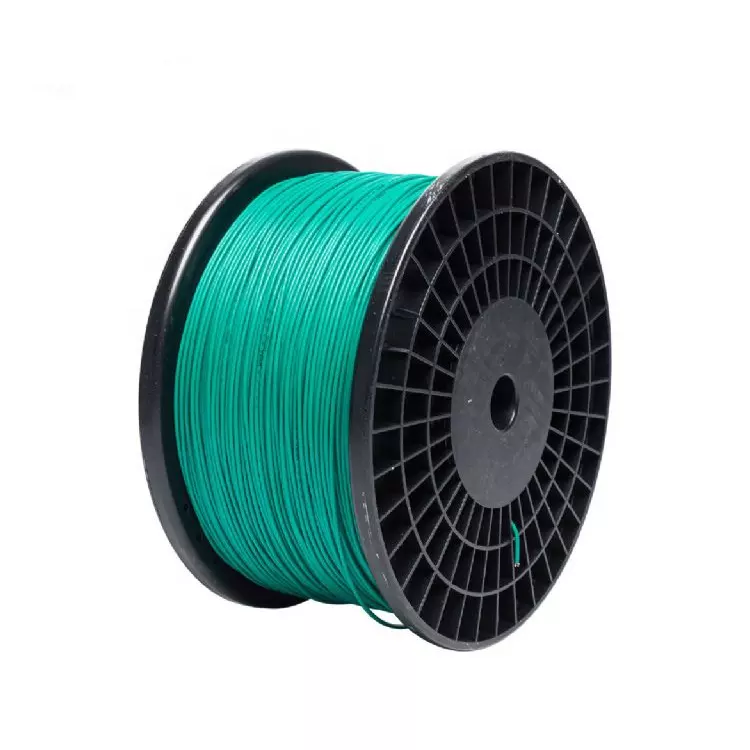



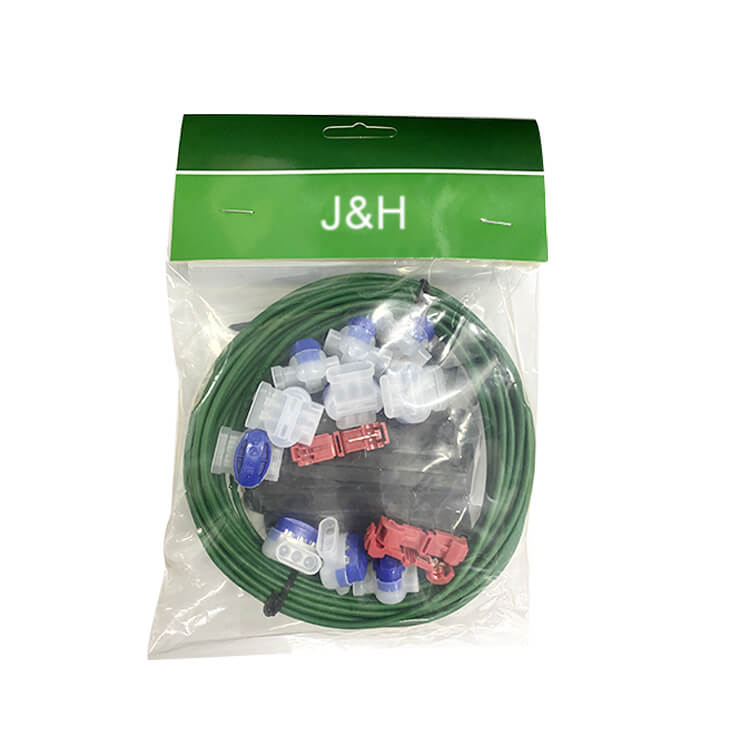
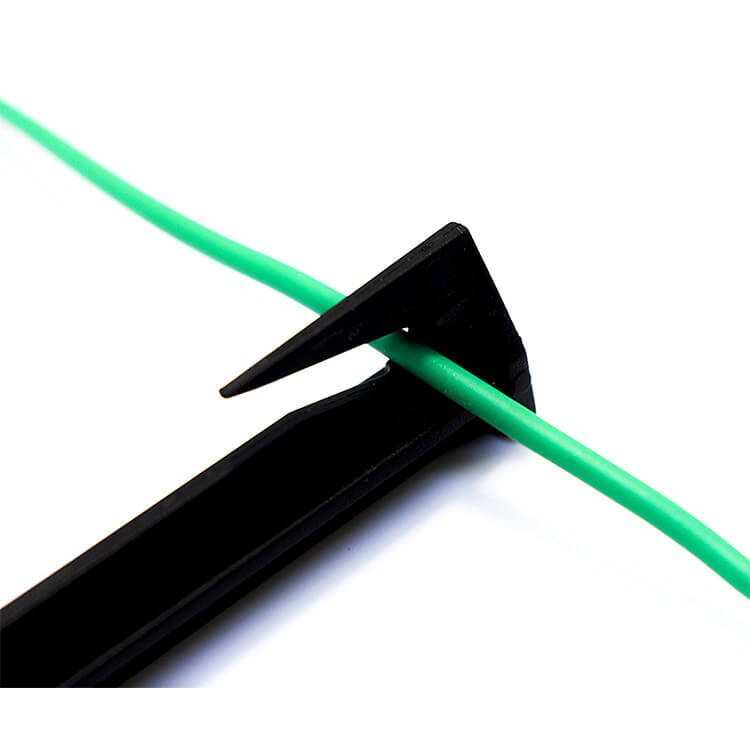
 Abroad:+86 181 5747 1135
Abroad:+86 181 5747 1135 FAX: +86 574 8900 7636
FAX: +86 574 8900 7636 E-mail:
E-mail: 

 read the map
read the map

